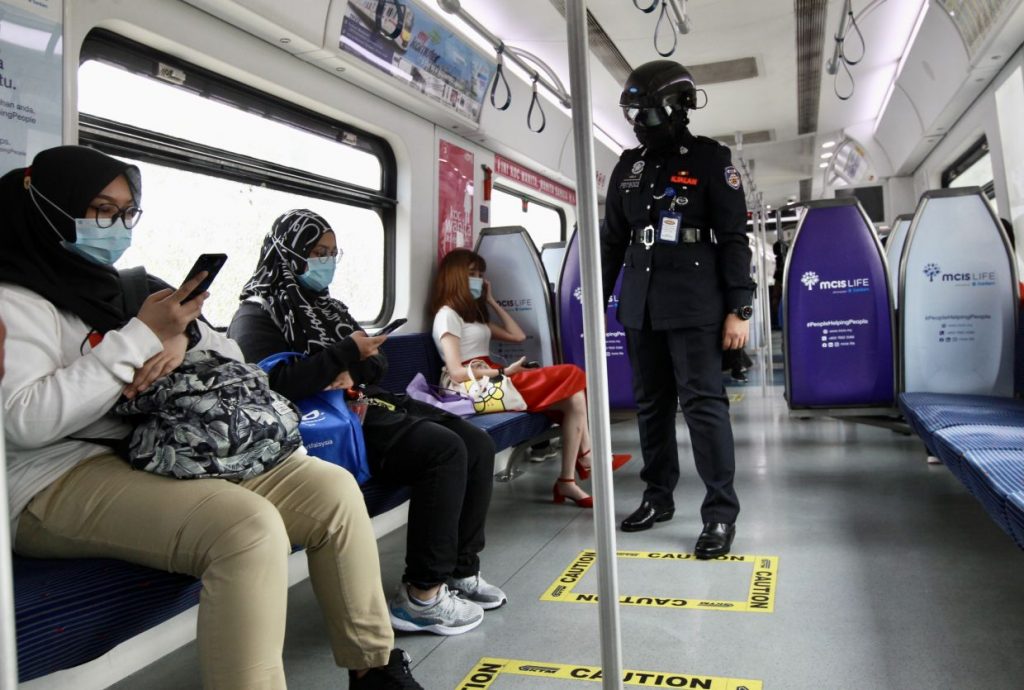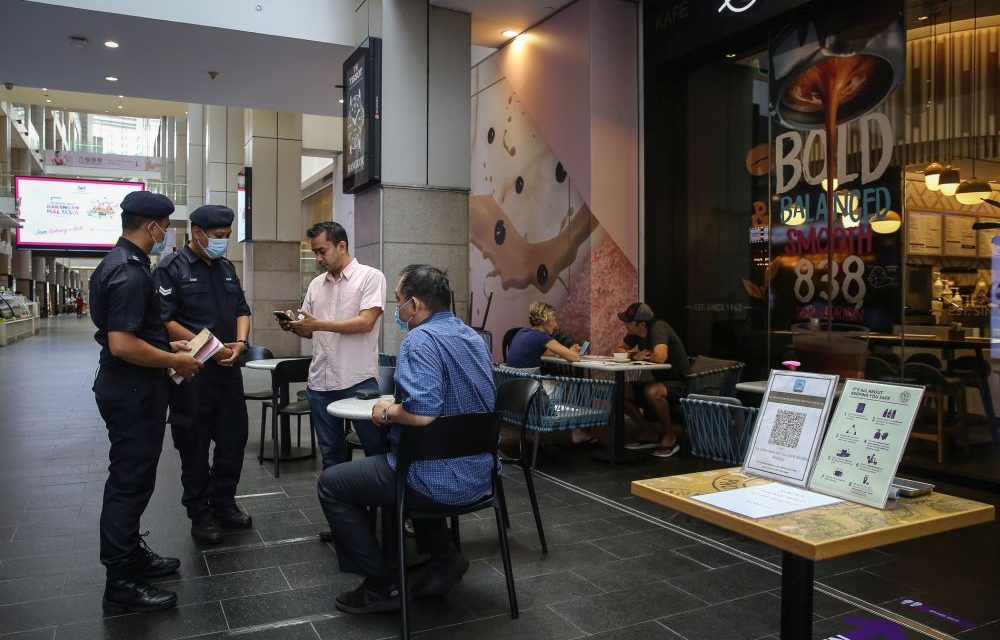WHO: Go for targeted, localised measures against Covid-19
Malaysia must build on its success in dealing with Covid-19 by adopting a long-term approach, including being prepared to respond to any new clusters with targeted, localised measures, said the World Health Organisation (WHO). As the pandemic has demonstrated how interlinked health and the economy are, using a targeted response approach combined with individual behavioural interventions can help to minimise economic disruption while keeping Covid-19 under control. It noted that in the years prior to the pandemic, the government and the health authorities took great steps to bolster Malaysia’s health security and multisectoral response capacity for health emergencies and disaster preparedness. “Following key WHO recommendations to ‘test, treat and track’ the population for the virus, Malaysia enforced the ‘Search, Test, Isolate, Treat and Quarantine’ strategy to uncover cases in the community,” it said. (Malay Mail)
Federal Ministry kicks off assistance initiative for B40 group
The Federal Territories Ministry today launched the third phase of its Wilayah Cakna initiative to ease the burden of the urban poor and B40 group, by providing rent exemptions, food packs, and school fees exemption, among others. Its minister Tan Sri Annuar Musa said approximately RM39.75 million will be spent covering October until the end of December. These include a three-month rent exemption for residents in the National Economic Action Committee’s Rakyat Housing Projects, from October until December 2020. Others include the exemption in Kuala Lumpur and Putrajaya for licensed hawkers and small businesses, who are also exempted from having to pay the fees to renew their licenses. Students from low-income families in both areas will receive ‘Back to School’ vouchers worth RM100. A one-off contribution of RM3,000 will also be given to 11 residents‘ representatives councils (RRC) in KL Federal Territory and six sub-zone RRCs in Putrajaya, as well as RM2,000 to 570 residents associations in both cities. (Malay Mail)
Penang Transport Master Plan has obtained almost all approvals to start
Penang has obtained almost all relevant approvals for its mega infrastructure project, the Penang Transport Master Plan (PTMP), and work on one of its projects has already started. State exco for infrastructure and transport Zairil Khir Johari said early construction work for package two of the undersea tunnel and three highways project, which is to link the Tun Dr Lim Chong Eu Expressway to Ayer Itam, commenced on October 31 last year. He said the contractor is still finalising the detailed design for package one — a highway connecting Tanjung Bungah to Teluk Bahang — and package three — a highway connecting Gurney Drive to Tun Dr Lim Chong Eu Expressway. He stressed that the state government will only begin work on projects that had obtained all the necessary approvals. The funding model for the PTMP was to reclaim three islands off the southern coast of Penang island under the Penang South Reclamation (PSR). (Malay Mail)
Mah Sing to diversify into glove manufacturing
Property developer Mah Sing Group Bhd has announced its proposed diversification into the manufacturing and trading of gloves and related healthcare products to take advantage of favourable long-term prospects for the glove industry and additional demand created by the Covid-19 pandemic. It said the diversification will also provide the group access to the global market, thus reducing over-reliance on the domestic market for its property business, which is cyclical in nature. Mah Sing said its indirect wholly-owned subsidiary Mah Sing Healthcare Sdn Bhd (MSHSB) will acquire 12 new glove production lines that are expected to yield an estimated production capacity of up to 3.68 billion pieces of gloves a year. Company officials indicated that the glove manufacturing venture is expected, for now, to comprise two phases, resulting in MSHSB having 24 glove production lines with a total annual capacity of about 7.36 billion pieces of gloves. (The Edge)
KTMB tests thermal scanner smart helmet
The fight against Covid-19 is going high tech with Keretapi Tanah Melayu Bhd (KTMB) testing smart helmets with thermal scanners to ensure its riders are healthy. The smart helmet is able to detect a person’s body temperature from up to 3m away with 99.9% accuracy, claimed KTMB strategic communications head Ahmad Asri Khalbi. If a person has a higher than normal body temperature, a potential sign of Covid-19 infection, the helmet will alert its user. The helmets, which can last up to seven hours on a rechargeable battery, are on loan from a local company, said Ahmad Asri. They are being tested only at the KL Sentral station and on the Komuter and ETS trains. In a Facebook post, the company said the helmets are meant to complement the static thermal machine which scans commuters before they enter the station. (The Star Online)





